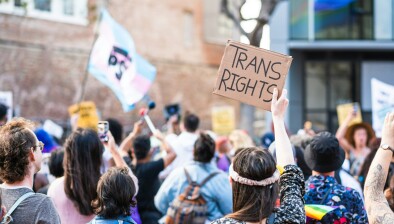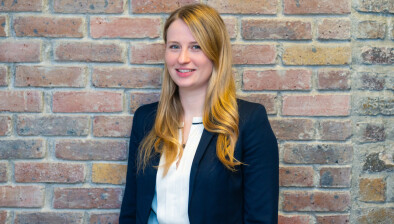Rights watchdog warns economic inequality ‘exacerbated’ by climate change

Economic inequality is “dangerously exacerbated” by climate change, the Irish Human Rights and Equality has warned as Ireland goes under UN scrutiny.
The rights body yesterday published its submission to the UN Human Rights Council, which is reviewing Ireland’s implementation of recommendations made during the third universal periodic review (UPR) in 2021.
Under the UPR process, states are assessed by other UN countries on their human rights record across a broad range of human rights.
These rights include civil and political rights such as the right to liberty, freedom of speech, freedom from torture, inhuman and degrading treatment; as well as economic, social and cultural rights such as the right to health, education and social security.
The next UPR is not until 2026, but a mid-term review is taking place to assess progress and renew commitments in advance.
The Irish Human Rights and Equality Commission says Ireland’s response to the UN is focusing too much on policy and legislative outputs, rather than measuring outcomes and capturing the lived experience of individuals and communities.
While welcoming “positive steps” since 2021, the Commission says overall progress in falling short of what is required.
Its submission makes recommendations in areas such as climate change, taxation, health and housing, including appropriate accommodation for Travellers and international protection applicants.
It raises concern about the failure of the State to adequately protect economic, social and cultural (ESC) rights in Ireland, which it says must be included as justiciable rights in the Constitution and backed by appropriate statutory protections and policy measures.
Deirdre Malone, director of the Commission, said: “Economic inequality is a defining challenge of our time, one that is dangerously exacerbated by the impact of climate change. Its negative effects are experienced right throughout society, but are most severely felt by our most vulnerable groups, whose experiences must be heeded.
“The State has a duty to use every tool at its disposal, including putting ESC rights on a legislative footing, to deliver on these rights and ensure all people living in Ireland are protected equally.”








